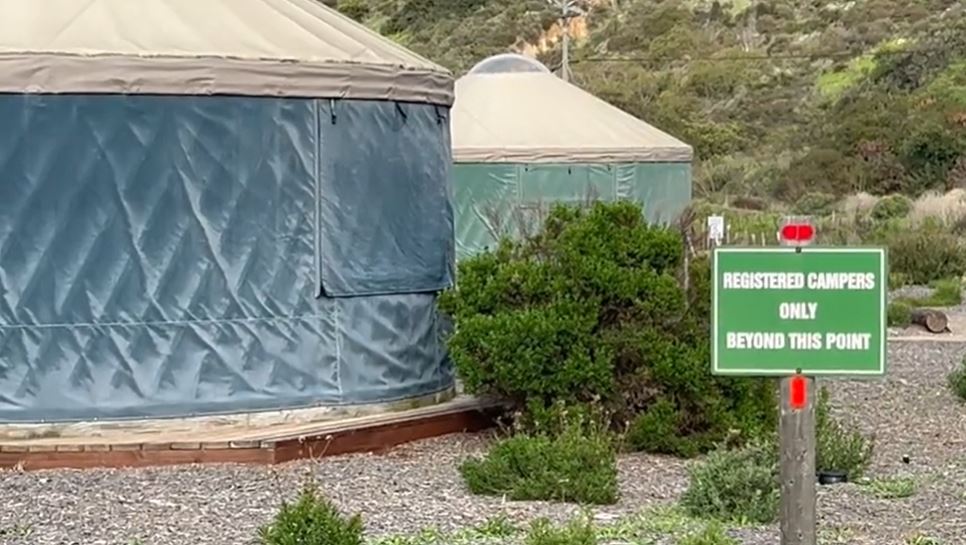San Diego rapper Tiny Doo is headed to trial on conspiracy to commit a felony with a criminal street gang — charges stemming from nine 2013 shootings, even though he had no direct involvement in them. The DA says his lyrics implicate him in the gang. NBC 7’s Liberty Zabala explains.
A San Diego rapper is facing "criminal street gang" conspiracy charges in nine shootings but not because of any direct involvement. He's facing prison time because of his lyrics.
Brandon Duncan, also known as “Tiny Doo,” is charged with multiple counts of conspiracy to commit a felony with a criminal street gang. The 33-year-old, who prosecutors say was part a Lincoln Park gang, faces 25 years to life in prison.
Duncan was one of 15 people charged in a San Diego Police crackdown aimed at disrupting local gang activity. The district attorney’s office says in a press release gang-related shootings started increasing in southeast San Diego in 2012 and peaked in 2013 with nine shootings.
While some face charges directly related to the nine shootings, like attempted murder, all of the defendants are charged with conspiracy counts, according to the complaint.
The district attorney says Duncan can be charged under a section of the penal code approved by California voters in 2000 because he profited from these gang activities through album sales, even though there is no evidence connecting him to the actual shootings.
“If you are a documented gang member, and you benefit from or promote the activities of the gang, you can be held responsible for crimes the gang commits," the district attorney said.
To be found guilty, prosecutors must prove the suspects are active gang members, that they had “general” knowledge of the gang’s activity and that they profited, assisted or benefited from the activities. The suspects do not have to be directly involved with the crime to be found guilty.
Local
Those benefits could be economic, like album sales, or intangible, like respect, the district attorney argues.
But Duncan's defense attorney says the charges are bogus.
“How can someone benefit from a gang shooting unless you wanted that person dead also?” said Brian Watkins, Duncan’s defense attorney. “That's the only way you can benefit from a gang shooting, but the district attorney's office admits that Brandon Duncan had no involvement in the shooting or even knowledge of the shootings. There's no way you can benefit from something you didn't even have knowledge of.”
As part of Duncan’s preliminary hearing, prosecutors presented his rap lyrics and social media pictures to demonstrate his participation in the gang. Bringing in the lyrics, they say, is not unusual.
But Watkins argues this is highly unusual because his songs were just artistic expression and had nothing to do with the shootings. The album was made in 2012, before the nine 2013 shootings.
“That’s putting a real black eye on our justice system,” said Watkins. “I mean, to imprison someone for 25 years to life because of artistic expression is something not even the worst communist regimes have done, as we look very bad, or I should say the district attorney’s office looks very bad across the nation, as well as internationally.”
As for his involvement with the gang, Watkins told NBC 7 that Duncan has associated with the Lincoln Park gang because he grew up in the area, but he disputed the defendant is a member.
Steve Walker, communications director for the district attorney’s office, admitted this is a difficult case, but after weeks of testimony, the judge found there is enough evidence to send Duncan and the other defendants to trial.
“It’s important for the community to understand that this case is not about punishing someone for rapping and it’s not a First Amendment issue,” said Walker in a statement. “This case is about protecting our neighborhoods by taking violent gang members off the streets and holding them accountable for the crimes they commit using a law that voters passed and the court has recognized as constitutional.”
Duncan's trial, set by a judge on Thursday, is scheduled for Jan. 23, 2015.



